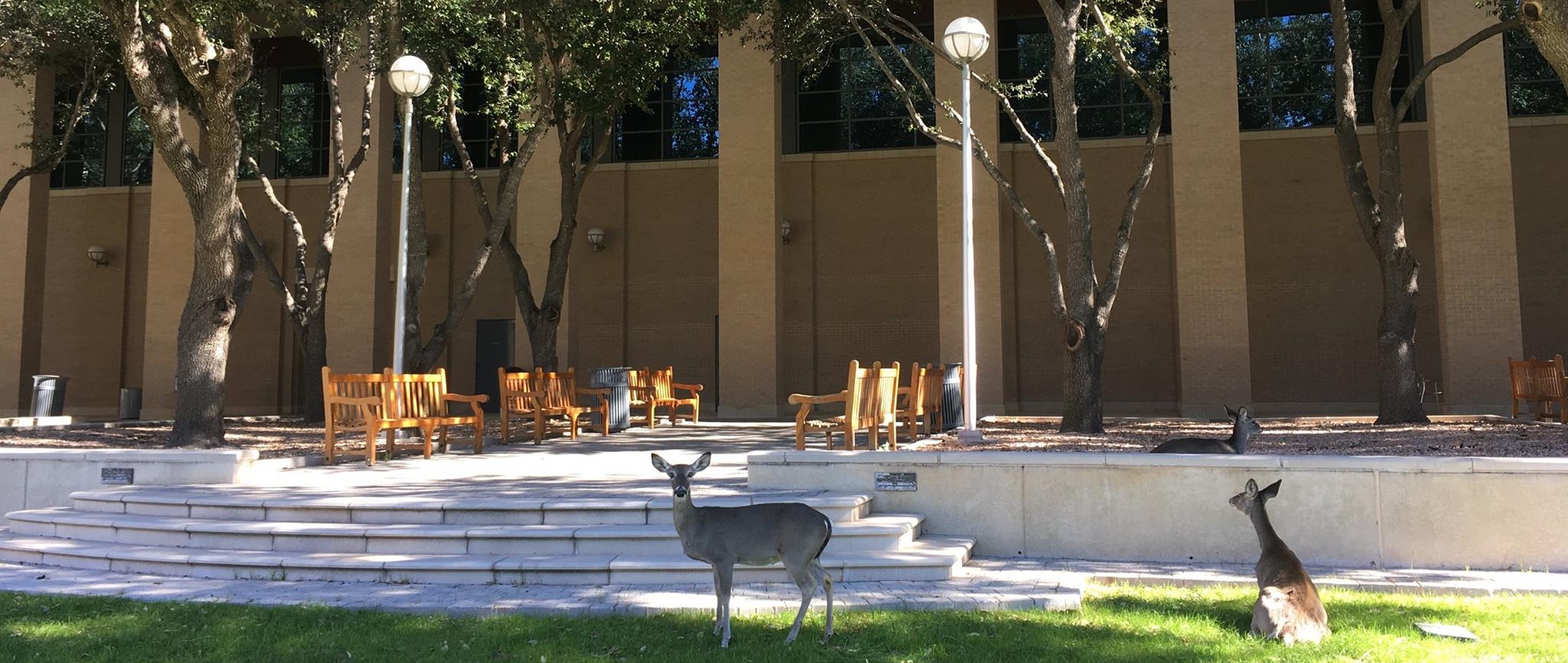Texas A&M International University

It is the policy of Texas A&M International University (TAMIU) that all faculty members conduct themselves in a manner that fosters academic excellence. The Honor Code at TAMIU is set forth in order to give general notice of prohibited academic conduct. As described in the Faculty Handbook, Faculty members are responsible for determining the curriculum of a course, for developing appropriate methods of evaluating student learning, for evaluating fairly, for upholding academic standards, and for enforcing policies concerning academic honesty.
The Office of Student Affairs is prepared to support faculty in promoting the value of academic integrity and to avoid academic dishonesty. All members of the TAMIU community are responsible for knowing and practicing university-wide rules, policies and procedures regarding academic integrity, as well as any procedure specific to their school, program, and course.
Recognizing and Gathering Information
Ideally, incident report will be accompanied by supported documentation. Documentation may include, but is not limited to:
- Turnitin originality reports
- Copies or links to authorized resource material
- Notes/answer key retrieved from the student
- Copies of the assignments/exam in question
- Written reports of observation made during the event
- Copies of the syllabus which clearly explain the instructor’s expectations and consequences of academic misconduct
- Summary statement by the instructor of any intervention that occurred during the execution of the violation (such as moving the student to a different seat, witness reports, etc.)
Source: Texas A&M University, Academic Integrity (2013).
The Process to Report Academic Misconduct
It is the responsibility of the faculty member to report acts of academic dishonesty. Upon finding a violation of the Honor Code, a faculty member must follow the following steps to report academic misconduct.
Step 1 – The instructor informs the student in writing of the complaint.
Faculty and administrators can use the following flow chart and templates to develop the necessary communication in academic dishonesty.
Step 2 - The student meets with the instructor to discuss the complaint, if at all possible.
Step 3 - Based on this meeting, the instructor decides whether the student violated the academic integrity rule as defined in the Student Handbook.
Step 4 - If the student is not responsible, the case is closed.
Step 5 - If the instructor finds the student is responsible of academic dishonesty, they give an academic sanction and sends letter of sanction to student within ten (10) University business days of the discovery of the alleged violation. Letter must be sent via University e-mail carbon copy the provost, dean and chair of the department, the university registrars, and Office of Student Affairs (studentaffairs@tamiu.edu).
Step 6 – Instructor is to submit incident report via Academic Dishonesty Reporting Form also within 10 University business days of the discovery of the alleged violation as per Section 10.08 of the Student Handbook. All supporting documentation must be included in this report. Examples of supporting documentation includes, but is not limited to: course syllabus, Turnitin Originality Report, special course assignments, e-mail correspondence, screenshots, etc.
Step 7 – If the student disagrees with the charge of academic dishonesty, they have the the right to appeal to the Honor Council.
To learn more about the reporting process and recommended academic sanctions, visit the TAMIU Faculty Handbook.
Strategies to Encourage Student Integrity in the Classroom
- Recognize and affirm academic integrity as a core institutional value.
- Foster a lifelong commitment to learning.
- Affirm the role of faculty as guide and mentor.
- Help students understand the potential of the Internet—and how that potential can be lost if online resources are used for fraud, theft, and deception.
- Encourage student responsibility for academic integrity.
- Clarify expectations for students.
- Develop fair ad creative forms of assessment.
- Reduce opportunities to engage in academic dishonesty.
- Respond to academic dishonesty when it occurs.
- Help define and support campus-wide academic integrity standards.
Source: 10 Academic Integrity Principles for Faculty (McCabe & Pavela, 2004)
The TAMIU Honor Council
The Honor Council serves as a centralized system established to response fairly to academic violations of the TAMIU Honor Code.
The Honor Council serves to provide faculty and students with a means by which they may report academic dishonesty, to provide students with a means of appealing charges of academic dishonesty, and to provide the Provost with recommendations regarding general academic sanctions or remedial efforts.
The Honor Council shall have the authority to create processes and operating procedures to implement the Honor System and to enforce the academic rules. Through the Office of Student Affairs, this Council shall serve as an initial hearing body for cases involving academic integrity outside the scope of a course offered at TAMIU, and as an appellate body for students charged with violating the Honor Code during a course offered at TAMIU. The Honor Council will also be the central body responsible for maintaining records and for coordinating communication, prevention, training, remediation, and adjudication efforts for the Honor System.
Want to be a member of the Honor Council? If so, you may contact the Office of Student Affairs for more information at 956.326.2265 or via e-mail studentaffairs@tamiu.edu.
Resources for Faculty
Office of Student Affairs
Student Center (STC) 226
5201 University Boulevard Laredo, Texas 78041
Email: studentaffairs@tamiu.edu
Phone: 956.326.2265
Fall Office Hours:
Monday - Friday - 8 a.m. to 5 p.m.
Saturday & Sunday - Closed